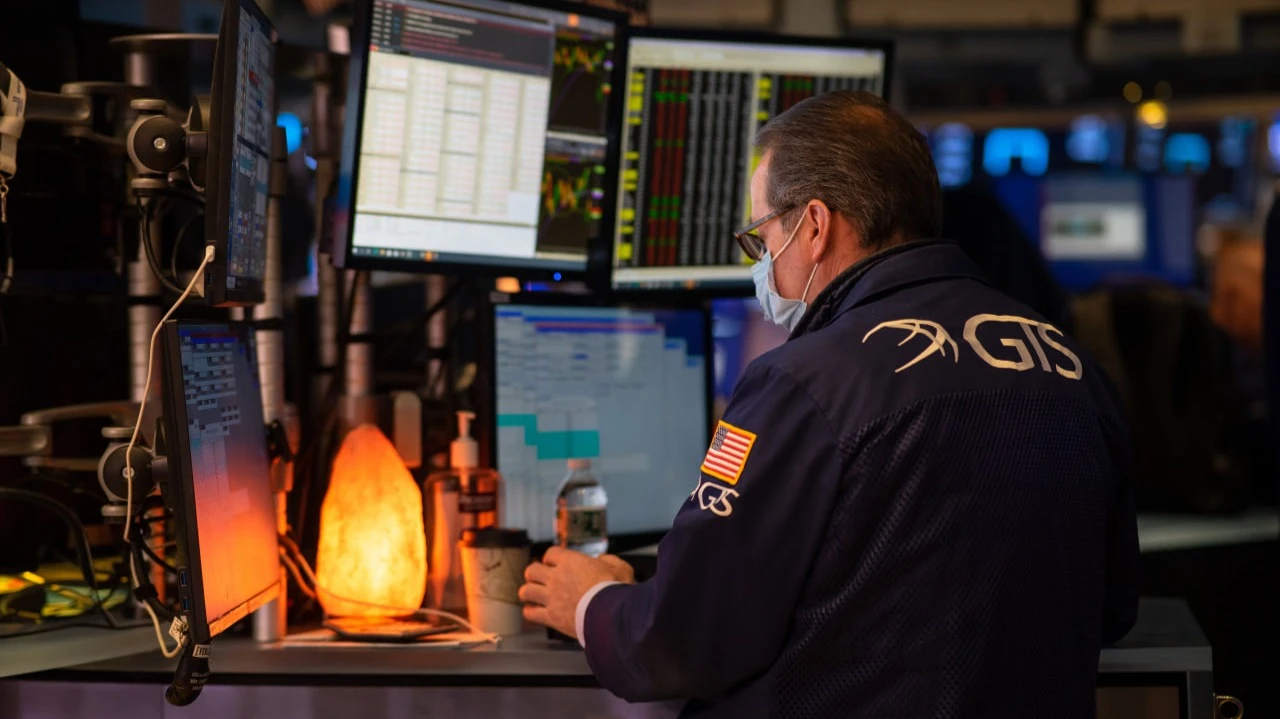Don't slow down: how to invest when everything in the market is expensive
J.P.Morgan believes that even in an uncomfortable stock market environment, investors can feel comfortable with it

The economy is stalling, inflation remains high, and geopolitics is unpredictable. But stock markets, against all odds, are not backing down. This month, for the first time ever, the S&P 500 closed above 6,400 - even though macro data and news reports were pointing to tension rather than stability. When the market makes a high, investors may be tempted to slow down. But J.P. Morgan experts believe that the current growth does not look like a bubble and there are opportunities for investors to form stable portfolios.
Why investors are worried
In the review Slower growth, higher inflation? Not a problem analysts of J.P. Morgan note: slowing economic growth, inflationary pressure and foreign policy uncertainty do remain risk factors. However, it is this background, experts emphasize, that determines the key challenges and directions for investors today.
At the same time, the bank's investment strategists recognize that new U.S. trade duties are starting to push prices upward. The consumer price index in July was better than expected, but core inflation remains well above the Fed's 2% target. Manufacturing costs have risen particularly sharply, indicating that supply-side price pressures will intensify as tariffs spread.
Analysts call another fact of uncertainty: despite the fact that there are advances in negotiations between Russia and Ukraine, the lack of an agreement continues to create risks. "Such a background may cause anxiety among investors," J.P.Morgan believes. Still, experts see light at the end of the investment tunnel.
Where to find peace of mind
J.P.Morgan analysts identify three factors that define the market in the long term and can help investors feel comfortable in uncomfortable conditions. These trends, according to experts, offer opportunities for more balanced and sustainable investment portfolios.
- Artificial intelligence
Companies working in the artificial intelligence ecosystem are showing results above expectations, J.P.Morgan analysts write. Experts note that the growth of commercial and industrial loans in the U.S. by more than 4% in annualized terms confirms this - business continues to invest in long-term innovations, including AI. Characteristically, in the second quarter, the word "recession" was heard on only 16 conference calls of companies in the S&P 500 against 124 at the beginning of the year.
Investor interest in artificial intelligence is also growing, experts say: capital inflows into AI-related strategies have already exceeded the figures for the whole of 2024.
- Infrastructure
Energy, digital infrastructure and defense are coming to the forefront, J.P.Morgan believes - these sectors can generate inflation-protected revenue and rely on government demand. Infrastructure is getting a boost from three factors - rising energy demand from AI, large-scale energy grid renewal programs, and rising defense budgets that are driving investment in real assets and the systems that support them. For example, chip makers, software developers and data center operators are reporting above-average market profits and revising forecasts upward.
In open markets, demand is supporting the utilities sector, with earnings growth projected by J.P.Morgan to be around 8% per year over the next five years - double the historical average - while multiples remain lower than the S&P 500. In short, the infrastructure tailwind supports stability in both private and public markets. "Infrastructure can add stability to a traditional 60/40 portfolio," the bank's analysts wrote.
- Structural notes
Cautious investors are increasingly using structured notes - hybrid instruments that allow them to participate in the growth of shares but limit potential losses. Usually they are organized in such a way: the investor receives income, often at the level of double-digit coupons, and when the market falls, protective mechanisms are triggered - for example, a predetermined buffer against losses or a fixed result at the end of the investment term. According to J.P. Morgan, the inflow of funds into such products has almost doubled over the year.
***
When the market reaches historic highs, many investors think about taking profits or postponing new investments. However, J.P. Morgan analysts believe that even at the highs, the market has growth potential. In their opinion, the key to sustainable results is not speculation, but investment in quality market segments where growth is backed by real income and long-term structural trends.
This article was AI-translated and verified by a human editor
